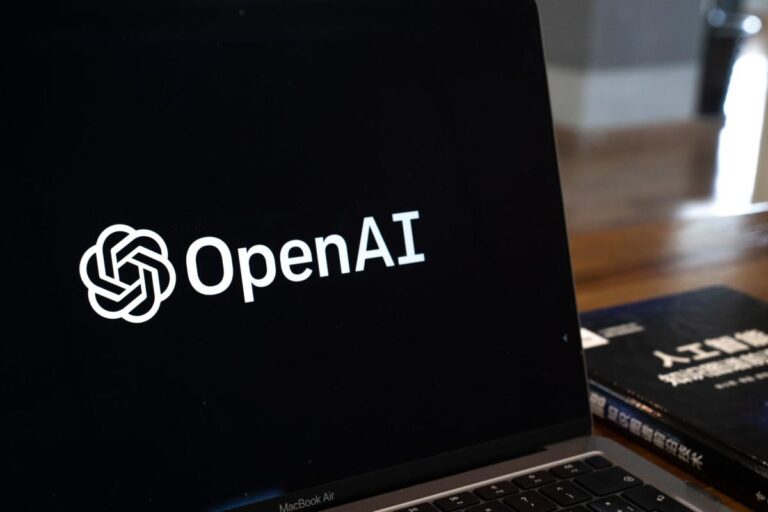(Bloomberg) — OpenAI is taking additional steps to limit China’s access to its artificial intelligence software, strengthening existing policies that block users in countries outside of its supported territories.
Most read articles on Bloomberg
The Microsoft-backed startup sent a memo to Chinese developers about plans to block access to its tools and software starting in July, according to screenshots posted on social media and reported by the Securities Times and other outlets on Tuesday.In China, local companies including Alibaba Group Holding Ltd. and Tencent Holdings Ltd.-backed Zhipu AI have posted notices urging developers to switch to their products.
“We are taking additional steps to block API traffic from regions that do not support access to OpenAI’s services,” an OpenAI spokesperson said in a statement on Tuesday.
OpenAI supports access to its services in dozens of countries, and according to the company’s guidelines, accounts of people accessing its products in countries not on the list, such as China, may be blocked or suspended.
It’s unclear what prompted OpenAI’s latest move. In May, Sam Altman’s startup said it had thwarted at least five covert influence operations in the past few months, alleging that its products were being used to manipulate public opinion.
The memo coincides with growing U.S. pressure to limit China’s access to advanced artificial intelligence technology. OpenAI is not officially available in China, but many developers have access to the company’s tools through virtual private networks and other means.
Chinese companies, from Baidu to startups like Zhipu, are working to develop AI models that can rival ChatGPT and other U.S. industry pioneers, and Beijing is openly encouraging local companies to innovate in AI, a technology it sees as essential to bolstering China’s economic and military position.
At the same time, Washington is moving to block China’s access to critical technologies, with the Treasury Department proposing rules to restrict foreign investment in technologies it deems critical to national security, such as semiconductors and AI.
The restrictions, which have been in the works for more than a year, are part of President Joe Biden’s strategy to curb Beijing’s ability to develop sensitive technologies that threaten U.S. national security.
–With assistance from Vlad Savov, Debby Wu, Zheping Huang, Gao Yuan, and Jackie Davalos.
(Updated with company comment from first paragraph.)
Most read articles on Bloomberg Businessweek
©2024 Bloomberg LP

